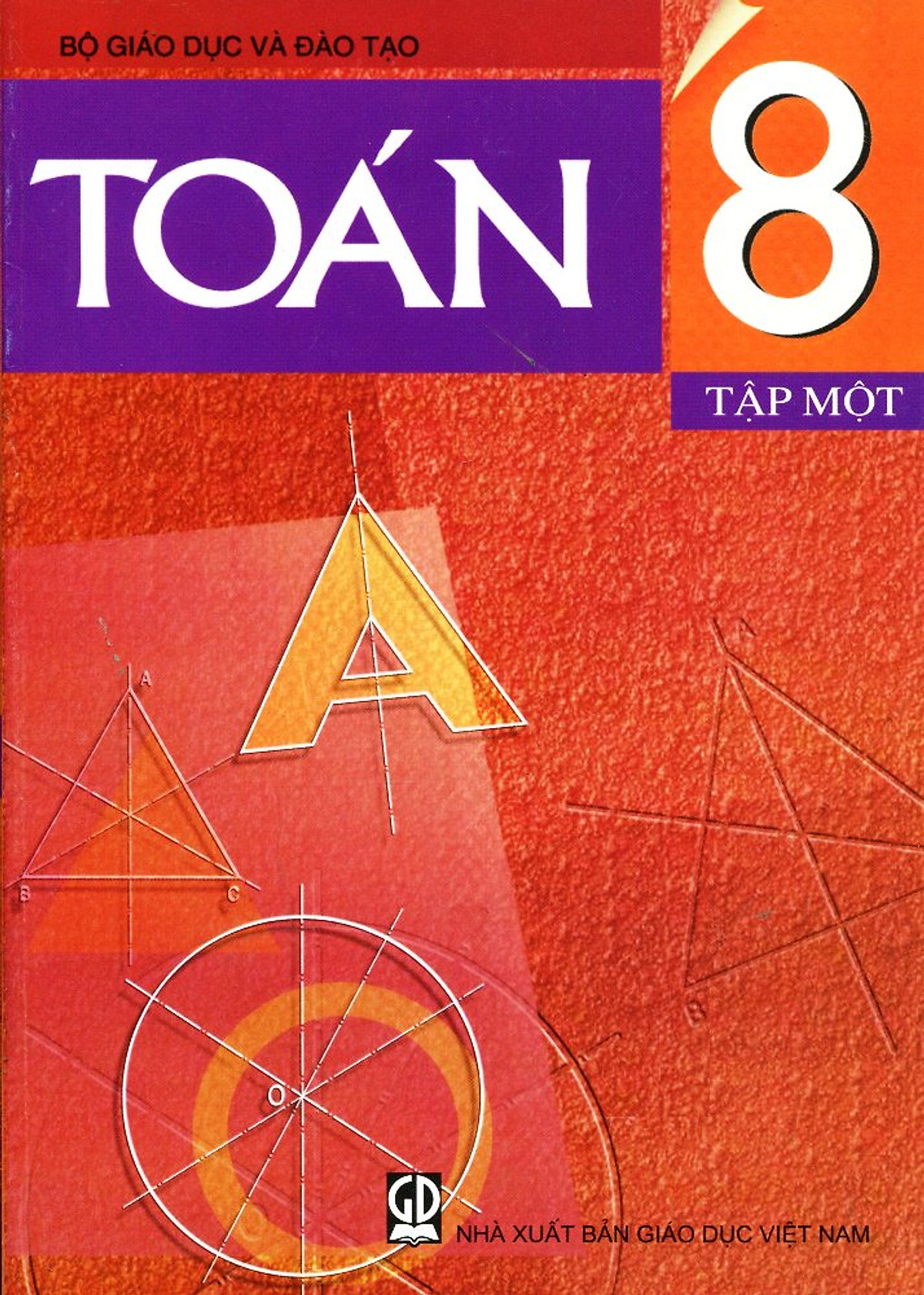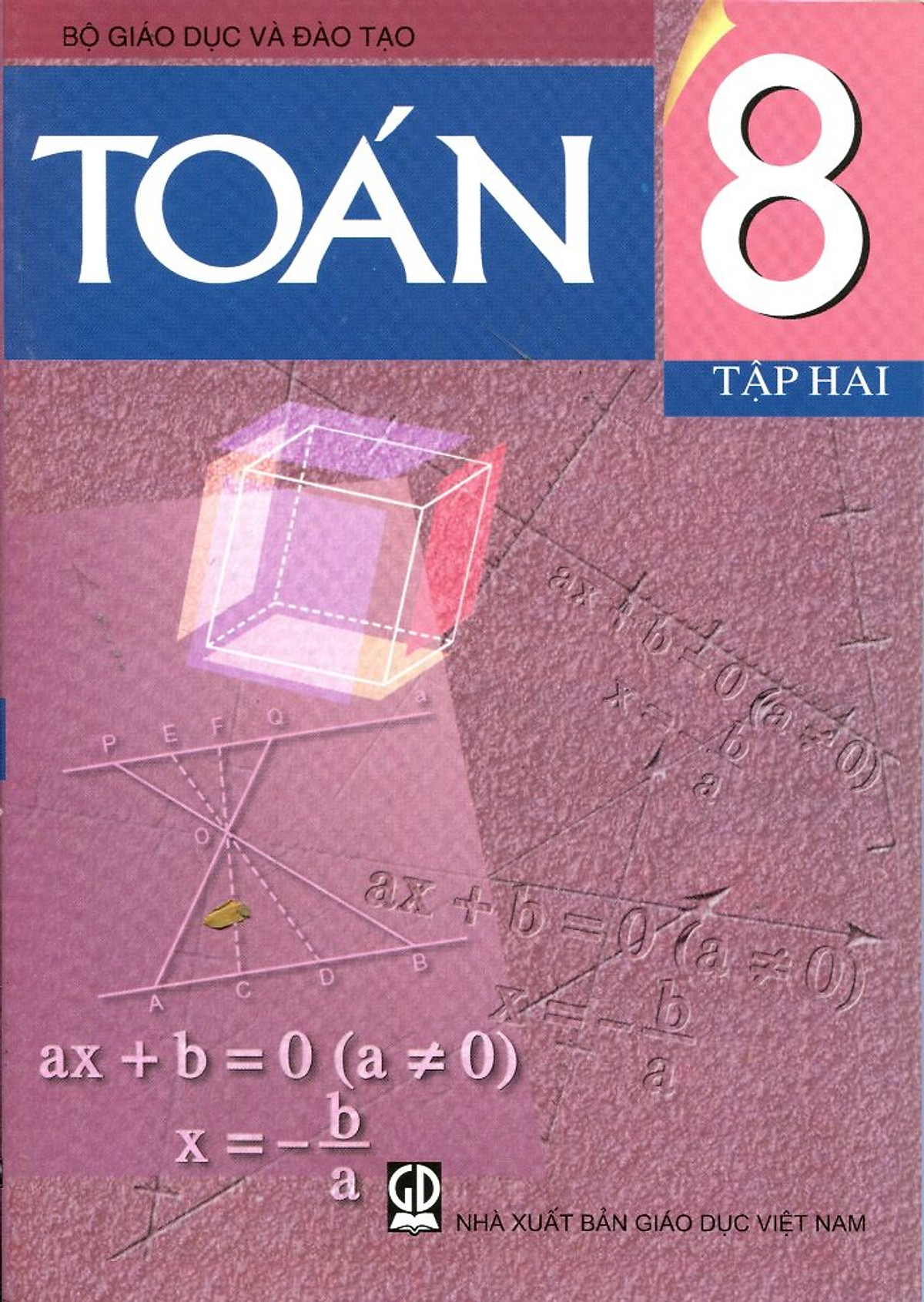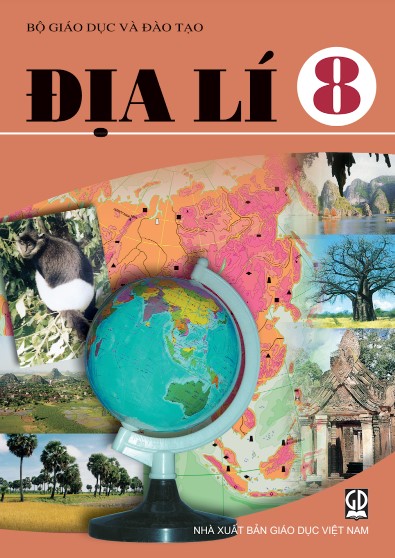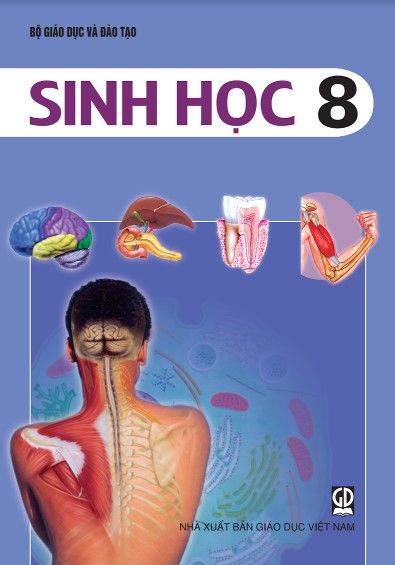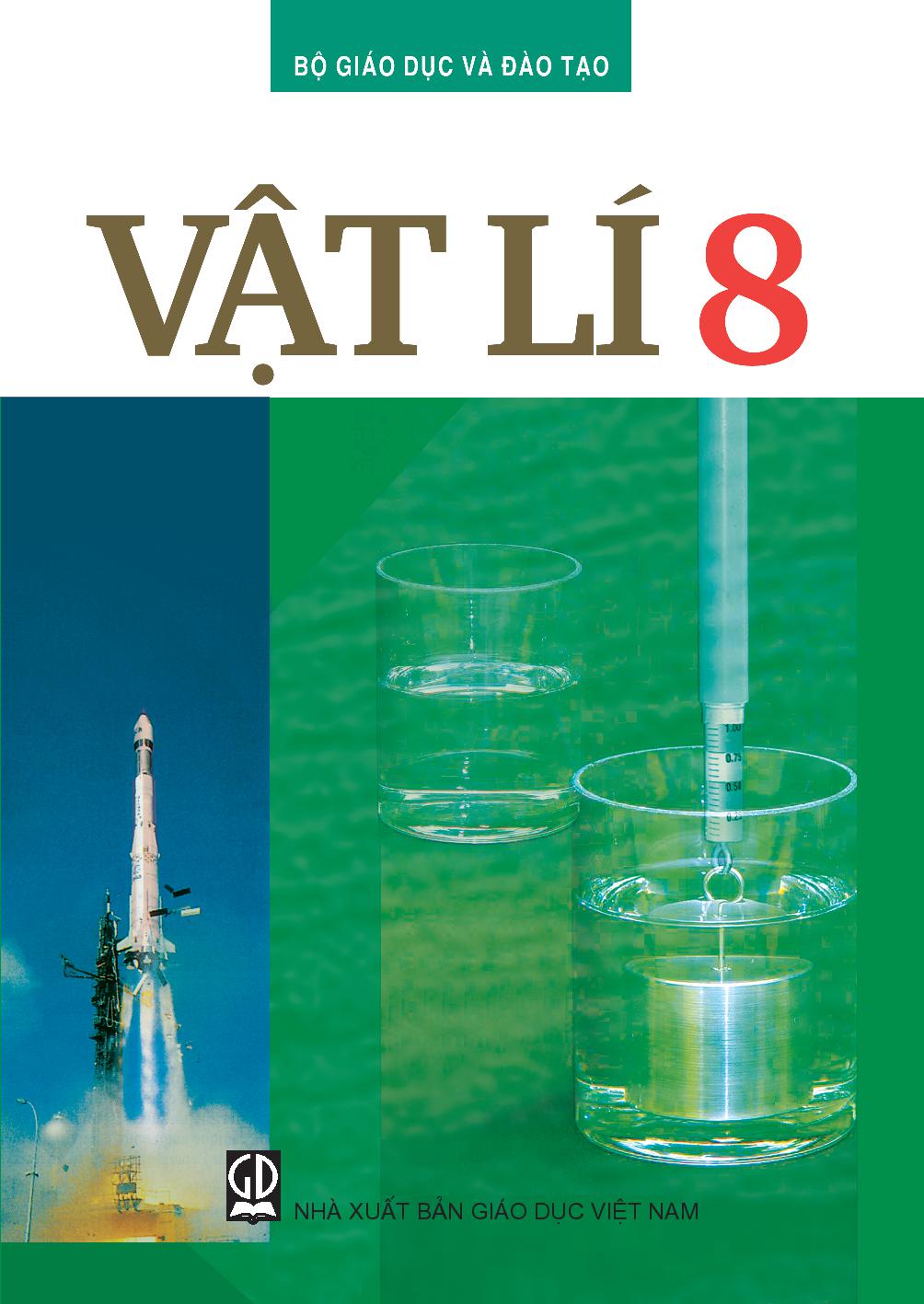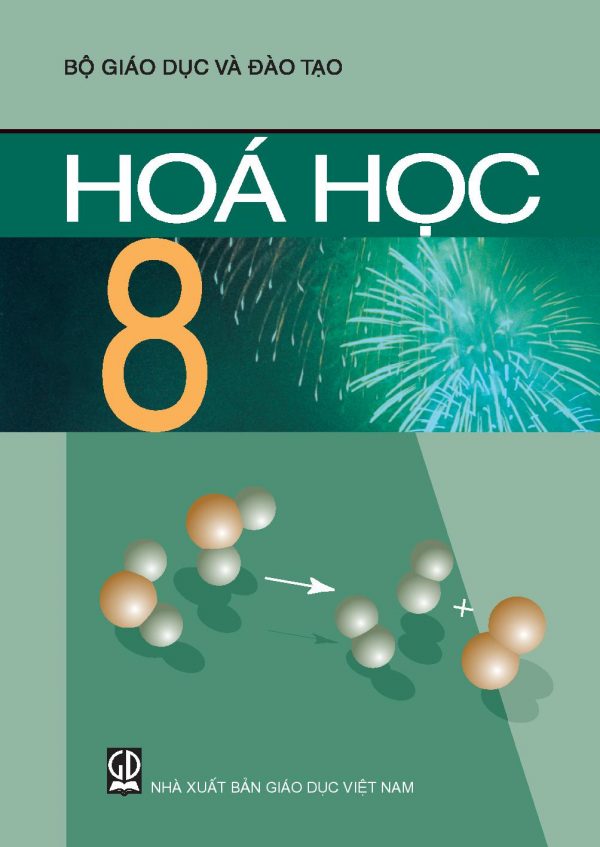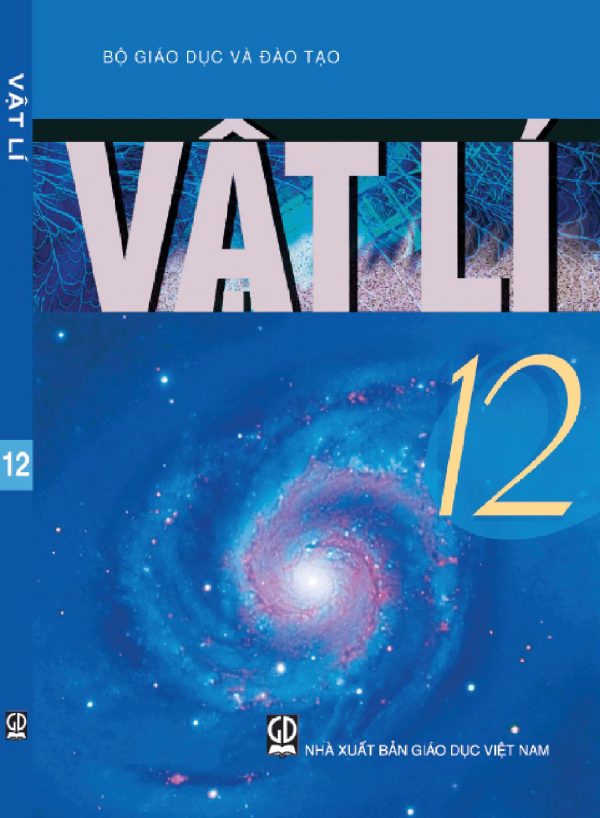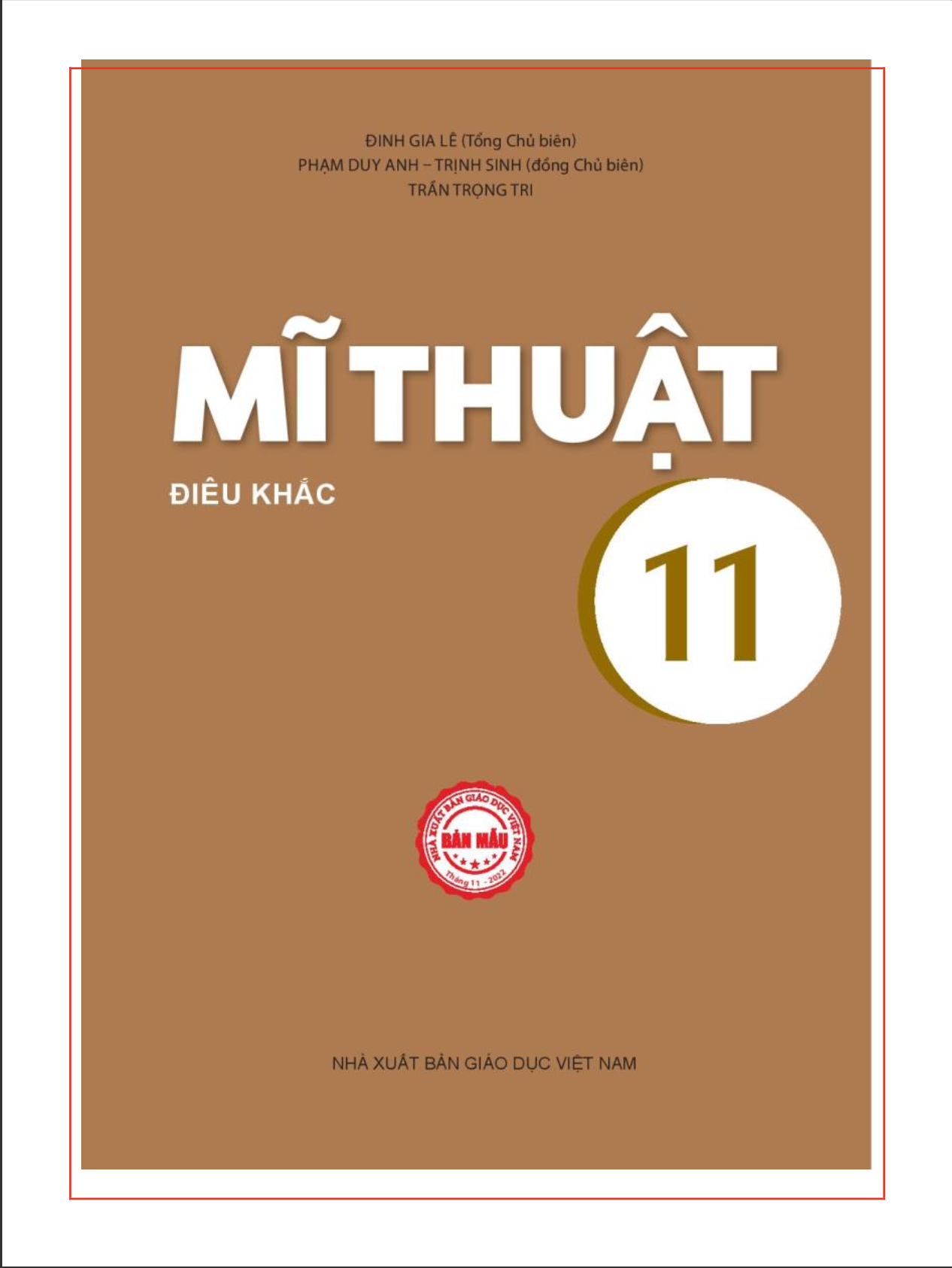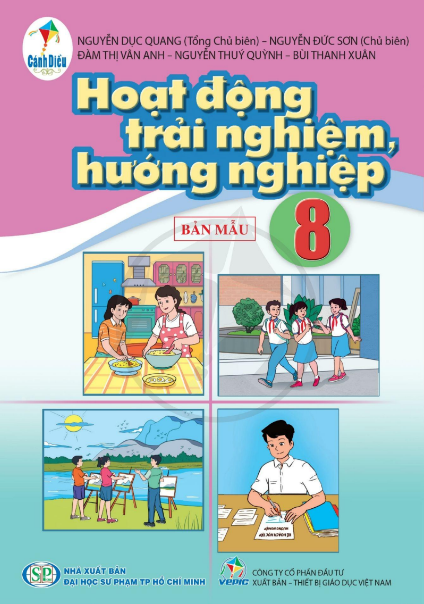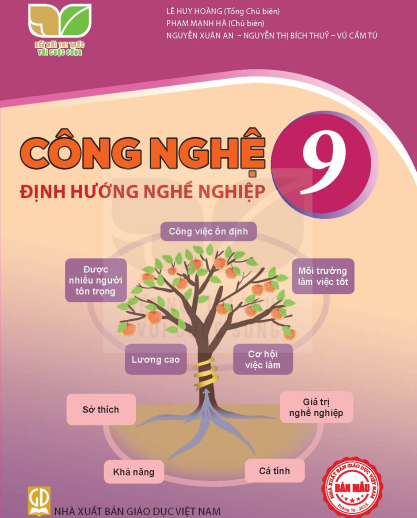Vocabulary
1. Rearrange the letters to label the pictures.
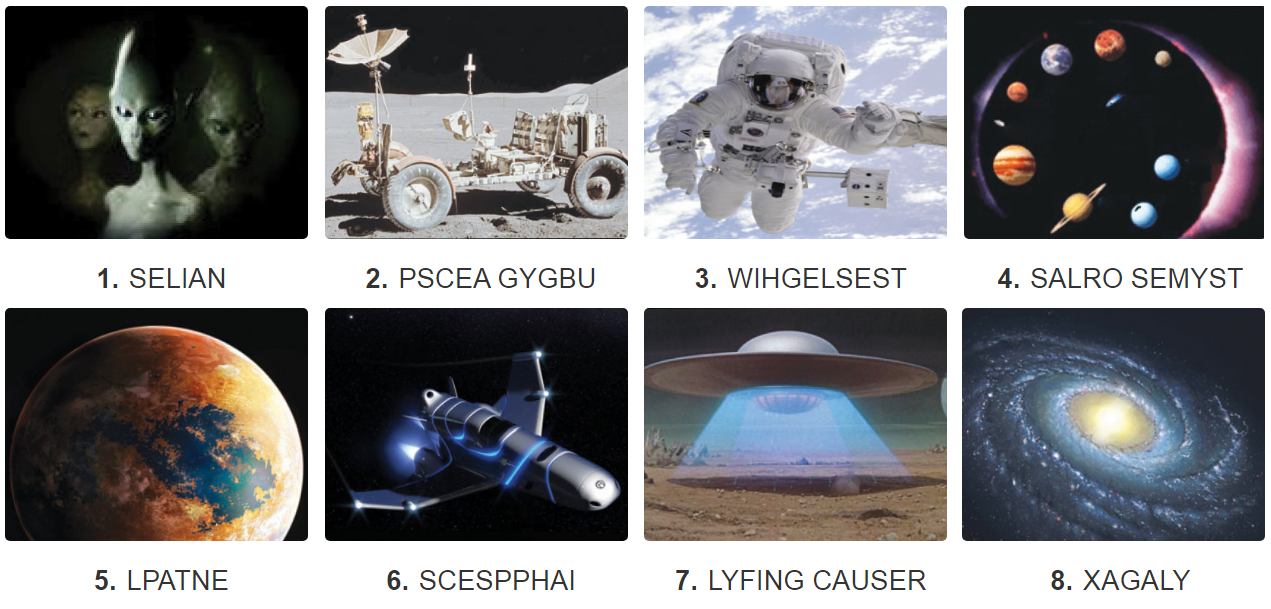
2. Fill each gap with a suitable word from the box.
surface climate NASA trace experienced accommodate
1. The Earth seems too small to _________ the increasing population.
2. Water covers 75% of the Earth's _________.
3. Attempts have been made to find _________ of aliens.
4. Astronauts _________ difficulties when they first landed on the moon.
5. The _________ on other planets is very different to that on Earth.
6. _________ stands for National Aeronautics and Space Administration.
3. Circle the correct answers.
1. He asked me when/ if there were people living on Venus.
2. They wanted to know when the first spacecraft had been/ has been launched.
3. She asked them how/ who had been the first to step onto the moon.
4. They asked me which spacecraft has been/ had been the first to explore Mars.
5. Students asked how/ who the scientists explored other planets.
6. He asked me what food people on other planets had eaten/ ate.
7. She asked her teacher if/ what UFO stood for.
4. Put the words/ phrases in the correct order to make reported questions.
1. He/ would react/ asked me/ an alien/ how/ I/ if I saw/.
2. most suitable/ The teacher/ which planet/ asked me/ was/ for human life/.
3. on the moon/ My friend/ had first landed/ asked me/ when/ humans/.
4. a planet/ a star/ She asked me/ the difference between/ what/ and/ was/.
5. if/ was/ They asked/ on Mars/ there/ water.
5. Change the following questions into reported questions.
1. ‘What are the essential conditions for human life?' the teacher asked her students.
2. ‘Have humans been able to communicate with people on other planets?' Samuel asked the scientist.
3. ‘Did the Roswell UFO incident take place in the U.S. in June 1947?' Nick asked the journalist.
4. ‘Who was the witness in the Roswell UFO incident?' Vanessa asked her uncle.
5. ‘When will humans be able to travel from one planet to another more easily?' the son asked his father.
6. ‘Why can't people move to Mars immediately?' Diane asked her mother.
Communication
6. Choose the right sentences (A-E) to put into the dialogue.
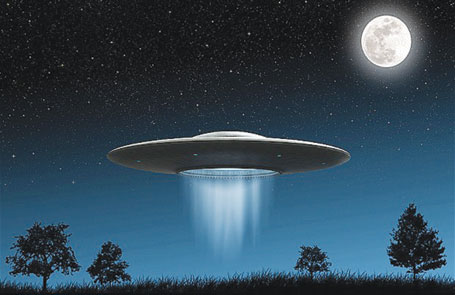
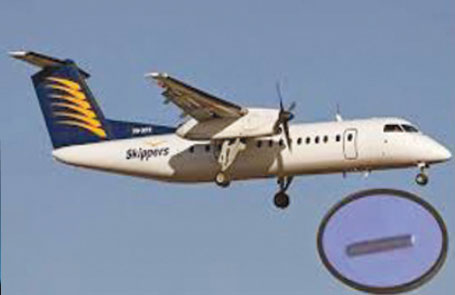
Interviewer: Do UFOs really exist, Prof. Kent?
Prof. Kent: (1) _____________________________________________________
Interviewer: Yes. When was the first post-war UFO sighting in the US?
Prof. Kent: (2) _____________________________________________________
Interviewer: Wow! Very long ago! How about notable sightings in the 21st century?
Prof. Kent: (3) _____________________________________________________
Interviewer: So… were all sightings in the USA?
Prof. Kent: (4) _____________________________________________________
Interviewer: Incredible!
Prof. Kent: (5) _____________________________________________________
A. In 2001, at least 15 people, including two police officers saw UFOs in the night sky in New Jersey.
B. Well, there have been many UFO sightings reported.
C. Not at all. On April 23, 2007, Captain Ray Bowyer and his passengers gained clear views of two UFOs when they were flying in the English Channel.
D. On June 24, 1947, Kenneth Arnold, a private pilot spotted nine shiny discs flying past Mount Rainier.
E. Yes, and in 2008, according to media reports, a police helicopter was almost hit by a UFO...
| Finished! Now I can… . | ✔ | ✔✔ | ✔✔✔ |
| • talk about life on other planets • report questions • pronounce words ending in -full and -less correctly in isolation and in sentences • describe an imaginary inhabitant of another planet |



